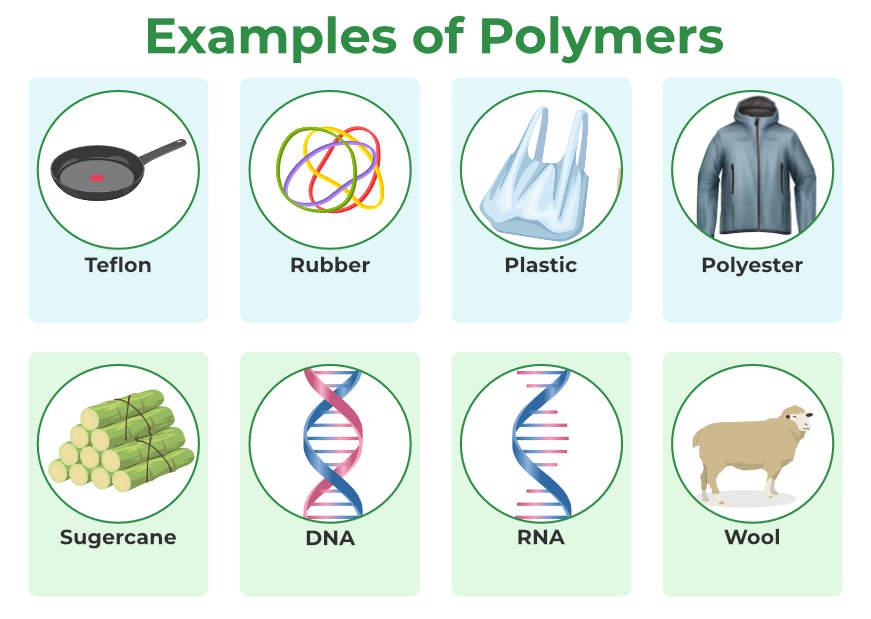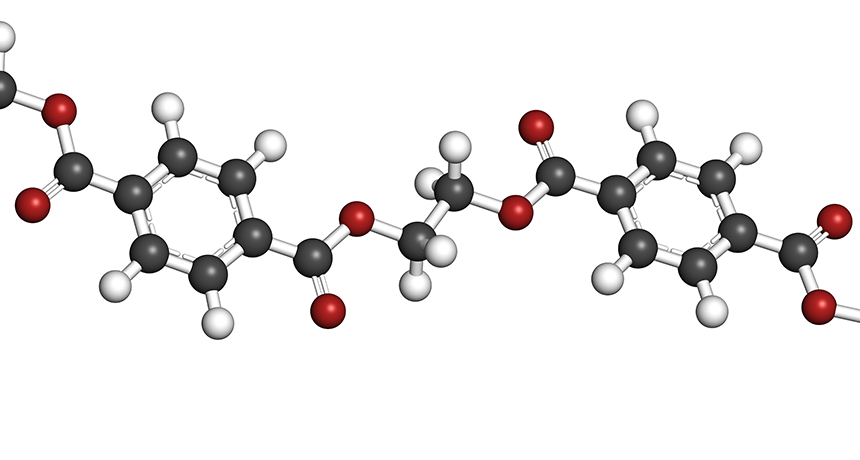Reusing Polymers: Advertising a Circular Economic Climate
Reusing Polymers: Advertising a Circular Economic Climate
Blog Article
Taking Advantage Of the Power of Polymers: Comprehending the Considerable Usages and Favorable Effects
Polymers, with their varied chemical structures and properties, have come to be essential in various markets, transforming the way we connect with materials on an everyday basis. From the packaging that safeguards our food to the fibers that dress us, the applications of polymers are vast and varied. Past their common presence exists a deeper understanding of their favorable impacts, getting to much beyond mere comfort. As we explore the considerable uses polymers and their duty in shaping an extra sustainable, reliable, and ingenious future, it comes to be obvious that their potential is as huge as the molecules themselves.
Convenience in Everyday Products
Polymers display impressive versatility in a broad variety of day-to-day products, demonstrating their vital duty in contemporary culture. From the flexible plastic casing of mobile phones to the long lasting fibers in apparel, polymers have actually revolutionized the method we engage with items in our lives. One of the most common uses polymers remains in product packaging products. Polyethylene, as an example, is extensively utilized in food product packaging due to its lightweight, durable, and moisture-resistant residential properties. In addition, polymers play a crucial role in the automobile market, where they are utilized in producing lightweight elements that improve fuel efficiency.
Biodegradable polymers are made use of in sutures and implants, minimizing the risk of unfavorable responses in clients. In the building and construction industry, polymers are included into paints, adhesives, and insulation materials, boosting sturdiness and power efficiency.
Sustainability in Material Innovations
With the recurring emphasis on environmental consciousness and source efficiency, the focus moves in the direction of sustainability in material advancements, mirroring a growing commitment to liable production practices across numerous markets. In the last few years, there has been a noteworthy rise in the growth of sustainable materials, especially within the world of polymers. These cutting-edge materials are created to reduce environmental influence throughout their entire lifecycle-- from sourcing basic materials to disposal or recycling.
One substantial aspect of sustainability in material developments is the idea of biodegradability. Eco-friendly polymers have actually amassed focus for their ability to break down naturally into non-toxic byproducts, decreasing waste and pollution. In addition, the use of recycled polymers stemmed from post-consumer or post-industrial sources is acquiring traction as a way of promoting a circular economic climate and minimizing reliance on virgin products.

Enhancing Performance in Engineering
Enhancing performance in engineering requires a meticulous integration of advanced technologies and accurate approaches to optimize functionality and effectiveness in various industrial applications. Polymers play an important function in this venture, providing a large range of benefits that boost the efficiency of engineering materials and parts.
One trick facet of boosting efficiency in engineering is the ability of polymers to improve durability and toughness. By including polymers into engineering layouts, makers can produce lightweight yet durable frameworks that can withstand high levels of stress and pressure. This particular is especially valuable in sectors such as aerospace, vehicle, and construction, where the need for strong yet light-weight products is critical.
In addition, polymers can likewise enhance efficiency by supplying thermal and chemical resistance, decreasing rubbing, and enhancing electric conductivity. These residential properties make polymers optimal for a wide variety link of engineering applications, consisting of seals, bearings, coverings, and digital components. Polymers. By taking advantage of the special residential properties of polymers, engineers can enhance the performance of their designs and create much more efficient and trusted products
Influence on Medical Advancements
The combination of advanced polymer modern technologies has actually dramatically added to advanced advancements in the clinical area. Polymers have actually played a vital function in modern medical developments, varying from drug shipment systems to tissue engineering. One of the key areas where polymers have actually made a significant effect is in the growth of eco-friendly stitches and implants. These polymers can be customized to break down at a specific price, enabling much better wound healing and decreasing the requirement for added surgeries to get rid of implants.
Additionally, polymer-based materials are progressively being utilized in medical devices such as catheters, stents, and prosthetics due to their biocompatibility and versatility. For instance, polymer coverings on clinical my site tools can protect against infections and boost general individual results. Additionally, innovations in nanomedicine have actually allowed using polymer nanoparticles for targeted drug distribution, improving the effectiveness and reducing negative effects of numerous medicines
Role in Environmental Preservation

Additionally, polymers are made use of in water treatment procedures, aiding in the purification and recycling of water sources. This assists in lowering water contamination and making certain access to tidy water for both human consumption and ecological health. Polymers likewise contribute in agriculture with the growth of naturally degradable composts and controlled-release fertilizers, promoting lasting farming techniques.
Conclusion
In final thought, polymers have confirmed to be a flexible and crucial material in various sectors, from dig this daily products to engineering and clinical improvements. Comprehending the considerable uses of polymers emphasizes their significance in driving advancement and progression in multiple fields.
Report this page